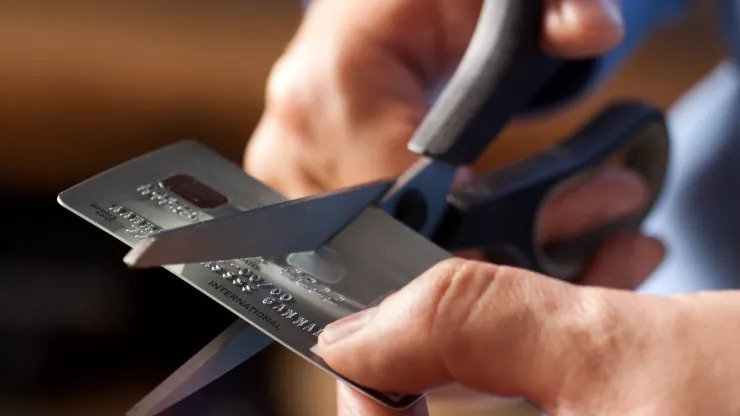
Good credit habits are essential for creating and maintaining a positive credit history because your credit score is one of many significant markers of your financial health.
Credit cards are an efficient and practical financial tool. When employed appropriately, they can aid buyers in establishing credit, financing purchases, and even racking up benefits like miles or cash back. These advantages are alluring, but they’ll cost you dearly if you’re careless.
There is much to learn about how credit ratings affect how the typical individual goes about living their daily life. For example, your credit score is a major factor in determining whether you’ll be able to meet some of your financial goals, whether you’re getting your first credit card or a mortgage.
A credit report is something equally significant. Your credit report decides whether you’ll be authorised for loans, credit cards, and mortgages in the first place, besides the interest, you’ll have to pay back on them.
The history of credit scores is quite interesting. It has been around since the 19th century and has helped lenders keep a check on their customers and assess potential risks.
In the late 20s, modern credit bureaus were formed, and retailers started offering credits to small businesses.
Here are some credit mistakes to avoid and best practices to adhere to maximize the use of your credit card.
Keeping a Balance Month to Month

One of the biggest misconceptions regarding credit scores is that having a balance on your card will raise it. In actuality, carrying a balance from month to month lowers your credit score and increases your fees. Your credit usage rate, the ratio of your total debt to your available credit, will be higher if you carry a balance. The lower your use rate, the better, according to experts.
According to FICO research, “high achievers” consumers with an average FICO score of 800 use just 7% of their credit limit on average.
Due to interest fees, carrying a balance can also be pricey. A cash-back credit card might be a great tool for helping you save costs on everyday purchases, but if you’re paying interest, all those savings are for nought.
Only Paying Minimum Payments
While you should always pay at least the minimum amount owing on your credit card, It is not a good idea to do it. If you don’t settle your account fully, you risk sliding into debt and paying unnecessary interest fees. Furthermore, making merely the minimum payment can add months or even years to the time it takes you to pay off the debt.
Before you take on larger expenses, arrange a payment plan and make regular, timely payments toward the debt.
Paying Late or Missing a Payment

If your late or missed payments are due over 30 days, your credit score can be significantly lower. As per FICO data, you may expect a drop of 17 to 83 points for a 30-day and you might miss 27 to 133 points for a 90-day late or missed payment.
Since payment must be overdue for 30 days before the credit bureaus can record it, your credit score won’t be affected if it is less than 30 days overdue. However, you can be charged a late fee or a higher interest rate.
Request payment reminders from your creditors, or even better, set up autopay through your lender or bank account to ensure you pay all of your payments on time. You must ensure you have enough money in your monthly bank account to pay your payments.
Neglecting to Review Your Transactions
It’s crucial to ensure the transactions on your bill are accurate so you can stop scammers or reporting mistakes in their tracks. At the very least, you should also check your monthly statement for mistakes. However, reviewing your transactions a few times a week is good practice to ensure everything appears in order.
It’s important to analyse charges as soon as they appear on your account so you can potentially identify fraud early and remedy any errors.
Closing Your Credit Card Account

A credit card account’s history might stay on the credit report for over 10 years after you cancel it if you did so in good standing (that is, you made all of your payments on time). It can temporarily lower your credit score because of the action. That’s because closing a credit card means losing its available credit, which could increase your overall credit utilisation rate.
Cancelling your card after paying it off would be fine if you don’t have any outstanding amounts on your other credit cards. However, if you’ve suffered from overspending and want to avoid the temptation, it is also worth risking a hit to your credit, or if the card has an annual charge and you won’t get enough use out of the account to justify it.
Conclusion
Increasing your credit score to the desired level can take years. Although it may seem difficult, you can take actions to help, like frequently checking your credit report and score, paying your payments on time, maintaining low credit card balances, and avoiding debt that could strain your finances.
Maintaining these practices over time will be simpler if you immediately establish these habits and avoid credit mistakes. You’ll experience many advantages as you establish and manage your credit history, including lower loan interest rates, reduced vehicle and home insurance costs, and more.




